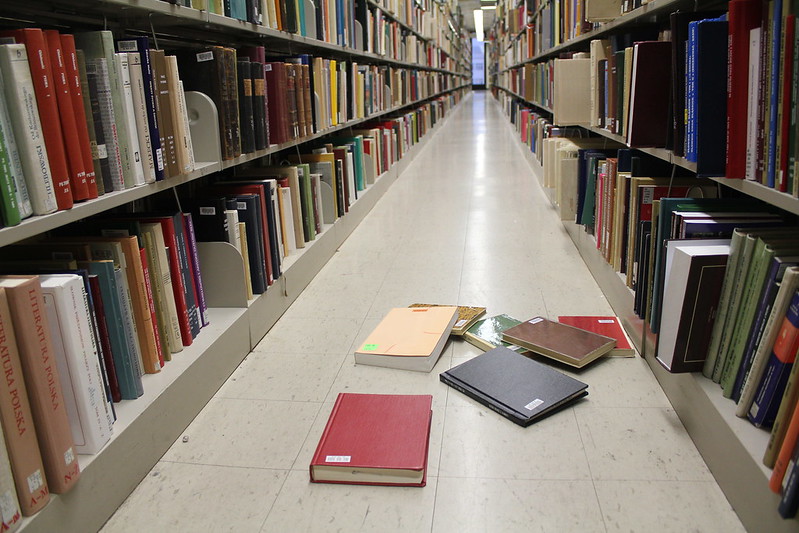When the COVID-19 crisis initially hit the United States, I was in the throes of learning about the gastrointestinal system. As I watched the pandemic from the sidelines, I struggled with feeling like my efforts in the classroom were pointless. How could I study for my next exam instead of focusing my energy on the crisis around me? Was I selfish for still worrying about doing well in school while others died alone in the hospital on a ventilator?
In these moments, I found respite in “Learning in War-Time,” a sermon delivered by C.S. Lewis to the students of Oxford in 1939 just as World War II began. In this timely sermon, Lewis addressed the chief concern on students’ minds: Why continue to study philosophy or science “when the lives of our friends and the liberties of Europe are in the balance?”
Lewis was intimately familiar with this question. Prior to this sermon, Lewis had his own education at Oxford interrupted by a stint of service in the British army during World War I. He knew the physical and emotional pains of war quite personally, suffering a battle wound and the loss of close friends during his brief service. After returning home, he re-enrolled in his university and managed to continue with his studies.
Though the parallels between World War II and our current state of affairs are not exact, many of us may have felt the same feelings of pointlessness that weighed heavily on the hearts of his audience in 1939. Those like me — far removed from the front lines of patient care with little to offer in the way of practical clinical skills — may be at particular risk for feeling like our efforts are in vain.
Lewis, now a renowned theologian and apologist, posited that the impending war did not create but rather intensified feelings of purposelessness amongst the students. The circumstances concretely forced them to reckon with these feelings rather than allow them to fade into the background. The same could be said for our reactions to the pandemic as well. As trainees, we all cross paths with patients who have challenging disease courses or devastating diagnoses wherein we have little to offer in the way of treatment. Furthermore, we also have many worries that can get lost in the shuffle of our day-to-day lives: educational debt, preparing for residency, starting a family, connecting with loved ones.
It is easier — though admittedly not always easy — to compartmentalize the weight of these stresses until they abate, even if only briefly, and allow us the chance to process and re-center later. However, the widespread and visible suffering that has occurred during this pandemic has brought to light the reality that suffering is omnipresent, and despite our hopes and best efforts, we cannot always alleviate that suffering.
Though Lewis approached this topic from a Christian perspective, one need not share his faith to agree with his sentiment. As he shared in his sermon, “Human culture has always had to exist under the shadow of something infinitely more important than itself. If men had postponed the search for knowledge and beauty until they were secure, the search would never have begun.” In medicine, we are inundated with human suffering. Yet for many, the fight against this perpetual crisis of suffering is what propels us into this hallowed profession rather than steer us towards purposelessness.
Why should we succumb to that now?
Though our individual efforts may seem immaterial if not directed towards the COVID-19 pandemic, we need to contextualize our work amongst our greater fight against disease and suffering and redouble our efforts in the classroom, the lab, and at the bedside. By doing so, we may be able to recapture the sense of meaning that propelled many of us into this profession in the first place.
To my fellow trainees — from the first-year medical student mastering the fundamentals of biochemistry to the resident learning how to provide patient care amidst an ongoing pandemic — press on in your intellectual pursuits, even if they are not directly aimed at the most recent crisis. Search for creative ways to remain generative in a time where patient care, research, and education face unique challenges. Each sphere may look different than it did prior to COVID-19, but take time to observe which changes work well and are worth maintaining after the pandemic ends. Hopefully, the current pandemic will be history by the time we finish training, but human suffering knows no end, and your efforts, no matter how small they may seem now, are invaluable in our collective mission to fight against suffering. Your future patients and colleagues will be grateful for your perseverance.
Image credit: Chaos (CC BY-SA 2.0) by QuinnDombrowski

